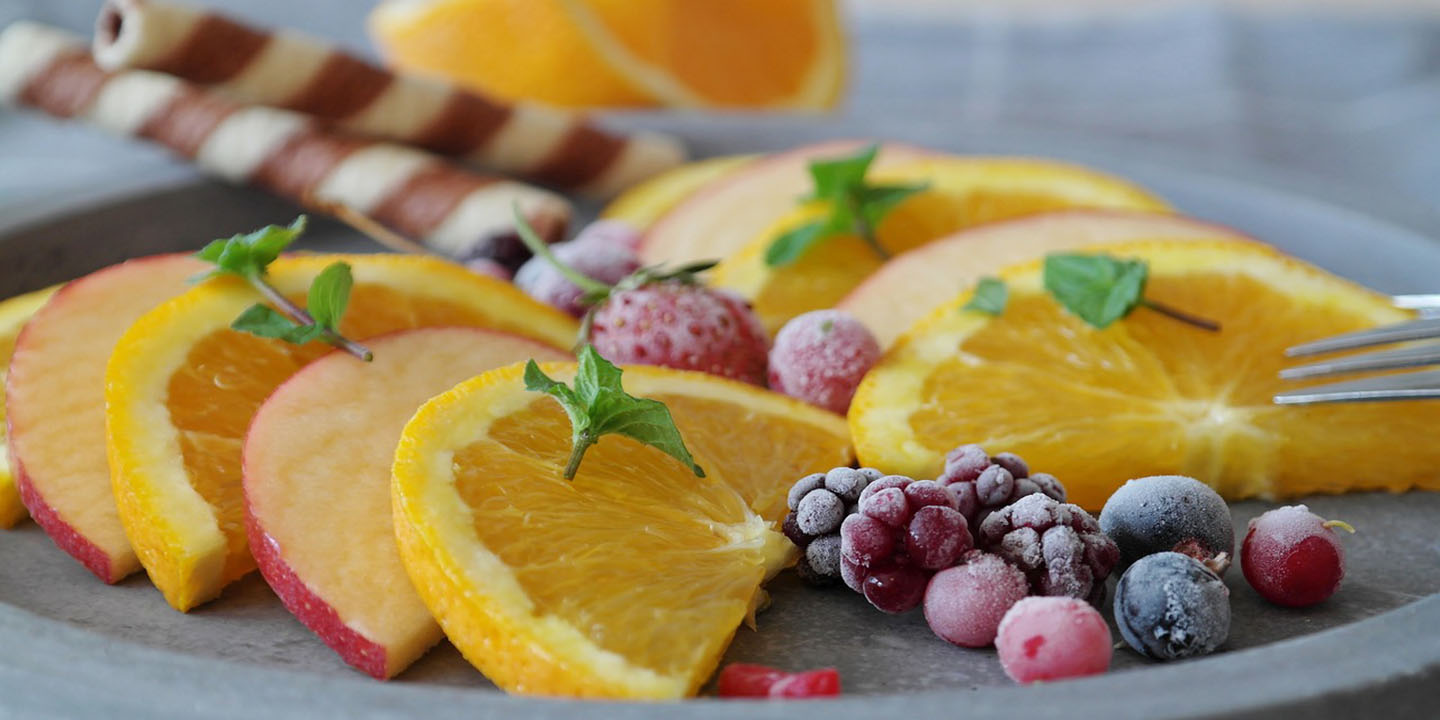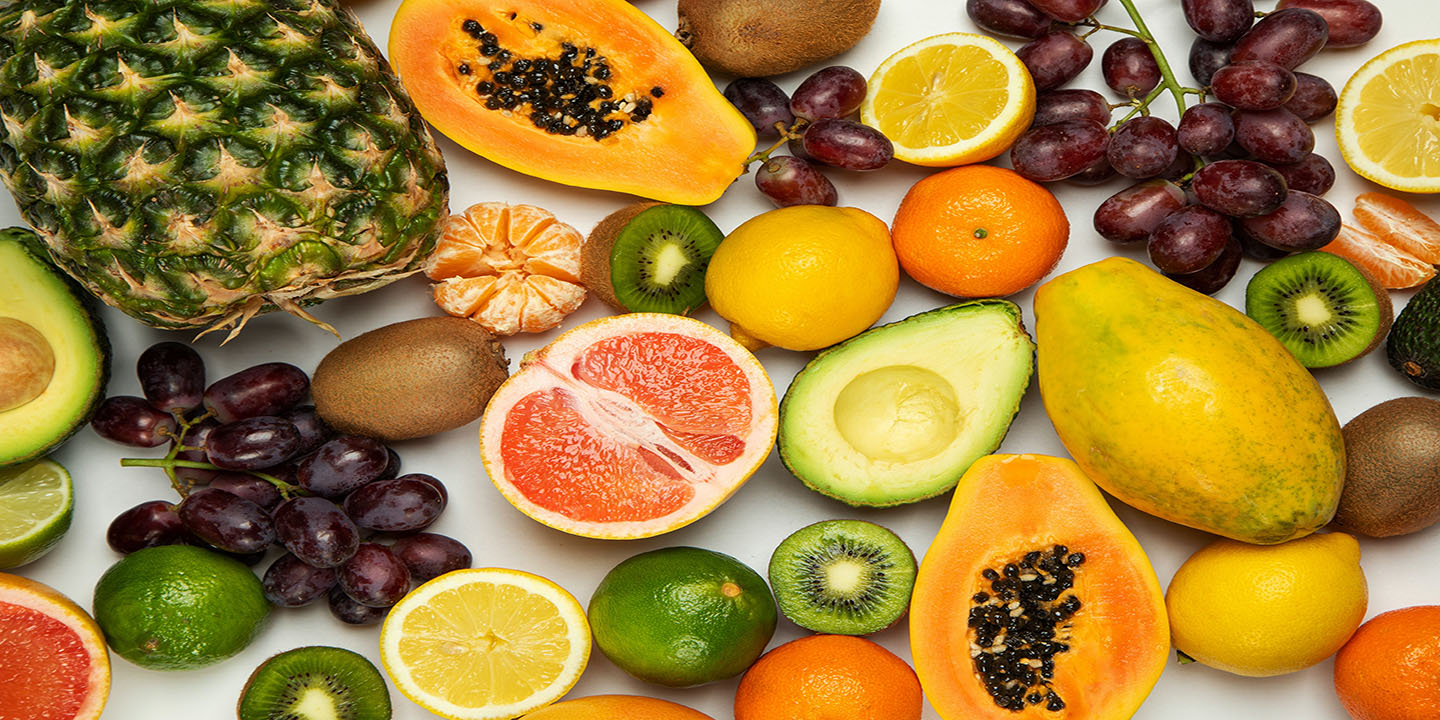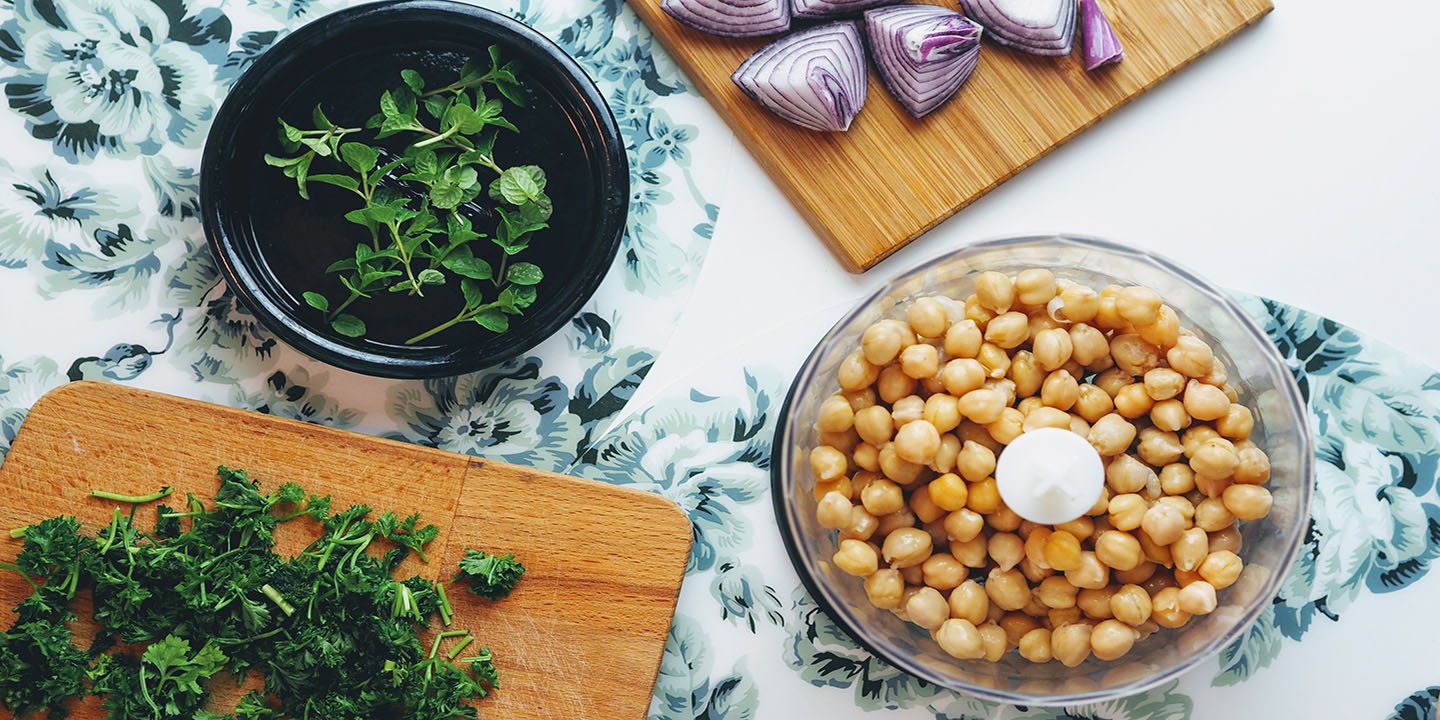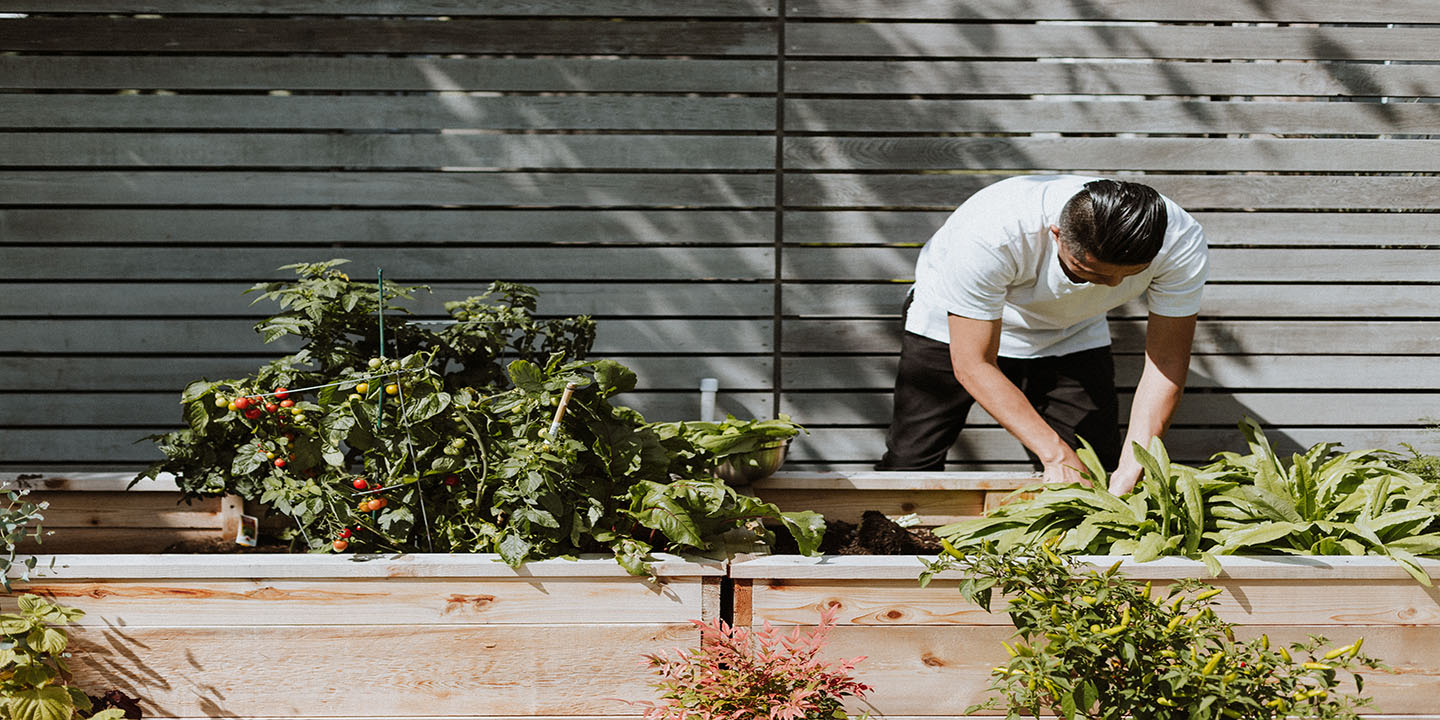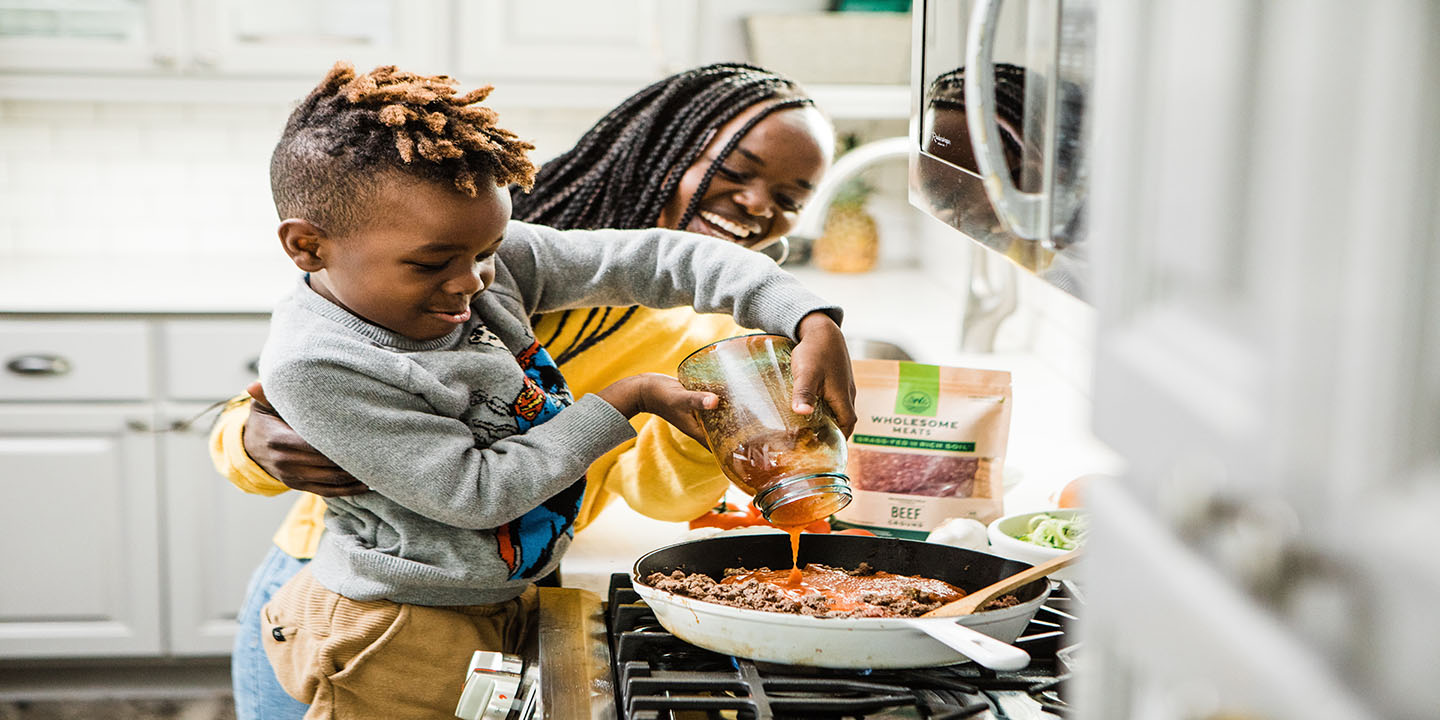The Usual Carb Suspects
One glance at your pantry, and it’s clear: carbs run the show. But which foods are actually cranking up your daily intake? It’s not always the sugary stuff. Some of these are mealtime regulars. Let’s look at 20 foods that are making your carb count climb faster than you'd imagine.
 Flickr user jslander on Wikimedia
Flickr user jslander on Wikimedia
1. Barley
One of the oldest cultivated grains, barley played a key role in early agriculture and still holds its ground today. Famous for its chewy texture and nutty flavor, it's commonly used in soups and grain salads. Dry barley contains approximately 73 grams of carbohydrates per 100g, mostly complex and fiber-rich.
 Cliff from Arlington, Virginia, USA on Wikimedia
Cliff from Arlington, Virginia, USA on Wikimedia
2. White Bread
A couple of slices at breakfast may feel harmless, but white bread is more than just fluff. Refined wheat flour strips away fiber and nutrients and leaves behind a fast-digesting carb source. It clocks in at roughly 49g of carbohydrates per 100g, often raising blood sugar faster than table sugar.
 User Sannse on en.wikipedia on Wikimedia
User Sannse on en.wikipedia on Wikimedia
3. Pasta
Dry pasta is nearly all starch, crafted from durum wheat and shaped into countless varieties. Once boiled, it expands and softens, but its carb density remains significant. Interestingly, cooling cooked pasta increases resistant starch. A 100g dry serving contains approximately 75 grams of carbohydrates.
4. Black Beans
Long before they hit modern burrito bowls, black beans fueled generations across the Americas. These legumes are packed with complex carbs and gut-friendly fiber. In every 100g of dried beans, you’ll find approximately 63 grams of carbohydrates. They are a hearty, slow-burning energy source.
5. Chestnuts
Unlike almonds or walnuts, chestnuts flip the script on nut nutrition. Low in fat but rich in starch, they resemble grains more than typical tree nuts. Often roasted or pureed in savory and sweet dishes, 100g of chestnuts provides approximately 53 grams of carbohydrates.
6. Millet
Millet is regaining popularity as a gluten-free grain. Its small, round seeds cook quickly and adapt well to porridges, salads, and flatbreads. Each 100g of dry millet contains approximately 72 grams of carbohydrates, offering steady energy and an earthy flavor.
7. Oats
A breakfast hero in many households, oats offer complex carbohydrates that are digested slowly. They include a notable dose of soluble fiber, which helps lower LDL cholesterol and supports blood sugar control. Per 100g of dry oats, the total carbohydrate content reaches approximately 66 grams.
8. Breakfast Cereals
Some cereals can reach up to 90% carbohydrate by weight, depending on sugar content and processing. Frosted varieties often top the list. What’s misleading is the portion size because many people pour double the recommended serving. This results in a sugar-heavy carb hit that fades quickly.
9. Quinoa
Though often labeled a “superfood,” quinoa is primarily a carbohydrate source, at about 64g per 100g dry. It also contains more protein and micronutrients than most grains. Originating in the Andes, quinoa’s unique balance of amino acids and slow-digesting carbs makes it suitable for both plant-based and performance diets.
 we-o_rd35ghczdq1090c5m on Pixabay
we-o_rd35ghczdq1090c5m on Pixabay
10. Raisins
Shrinking grapes into raisins concentrates everything: flavor, sugar, and, yes, carbohydrates. Mostly made up of natural sugars like fructose and glucose, they deliver a high glycemic impact despite their natural origin. In every 100g serving, raisins contain about 79 grams of total carbohydrates.
11. Dates
Dates offer about 75g of carbohydrates per 100g. Historically, they were prized by desert travelers for long-lasting energy. Modern use includes smoothies and baking. However, note that despite their fiber and potassium, dates cause rapid glucose elevation and should be eaten in moderation.
12. Bagels
Unlike standard bread, bagels are dense and chewy because they’re boiled before baking. This process yields a compact carb bomb of around 56g of carbohydrates per 100g. One large bagel can exceed 70g of carbs alone. While filling, it delivers a blood sugar spike that’s tough to offset.
13. Red Kidney Beans
Red kidney beans are known for their hearty texture and deep color. They offer complex carbohydrates alongside iron and plant protein. When dried, 100g of kidney beans contains approximately 61 grams of carbohydrates, which makes them a nutrient-dense addition to balanced meals.
14. Tortillas
Soft and endlessly versatile, flour tortillas contain around 50 grams of carbohydrates per 100g. These have a fixture in countless global dishes, from wraps to quesadillas. Though they feel light, their refined flour base packs in fast-digesting starch and offers little fiber unless made with whole grain.
 micheile henderson on Unsplash
micheile henderson on Unsplash
15. Pretzels
Originally developed as a simple baked snack, pretzels are now highly processed and carb-dense, clocking in at around 80g of carbs per 100g. They offer little fiber or fat, which means glucose spikes come fast. Even “whole grain” varieties provide little nutritional compensation for the heavy starch load.
16. Crackers
Most crackers contain 65–70g of carbohydrates per 100g, often from refined flour and added sugar. Without protein or fiber, they digest quickly. Even whole-grain types can be misleadingly processed; these are more of a quick blood sugar boost than a balanced snack.
17. Energy Bars
Marketed as healthy, many energy bars contain over 60g of carbs per 100g. While some deliver fiber and protein, others lean heavily on syrups and dried fruits. Athletes use them for performance fuel, but for sedentary users, the carb-to-calorie ratio often tips the scale without lasting satiety.
18. Lentils
Legumes like lentils offer carbs with a twist: fiber and resistant starch. These release energy slowly and support blood sugar stability. Thanks to a low glycemic index and strong micronutrient profile, they’re a smart choice for roughly 60 grams of carbohydrates per 100g (dry).
19. Chickpeas
Roasted or stewed, chickpeas contribute around 61g of carbs per 100g (dry). Their carbohydrate content is paired with fiber and plant-based protein. Hummus offers a diluted version, but whole chickpeas provide the best glycemic balance. No wonder they are a staple in Mediterranean and South Asian nutrition models.
20. Rice Cakes
Light and crunchy, rice cakes seem harmless, but their carb density is deceptive. Made by puffing rice grains under high heat, they compress about 78g of carbohydrates into each 100g serving. Their low fiber and high glycemic index make them a poor standalone snack.
KEEP ON READING

The Most Popular Signature Dishes Around the World
